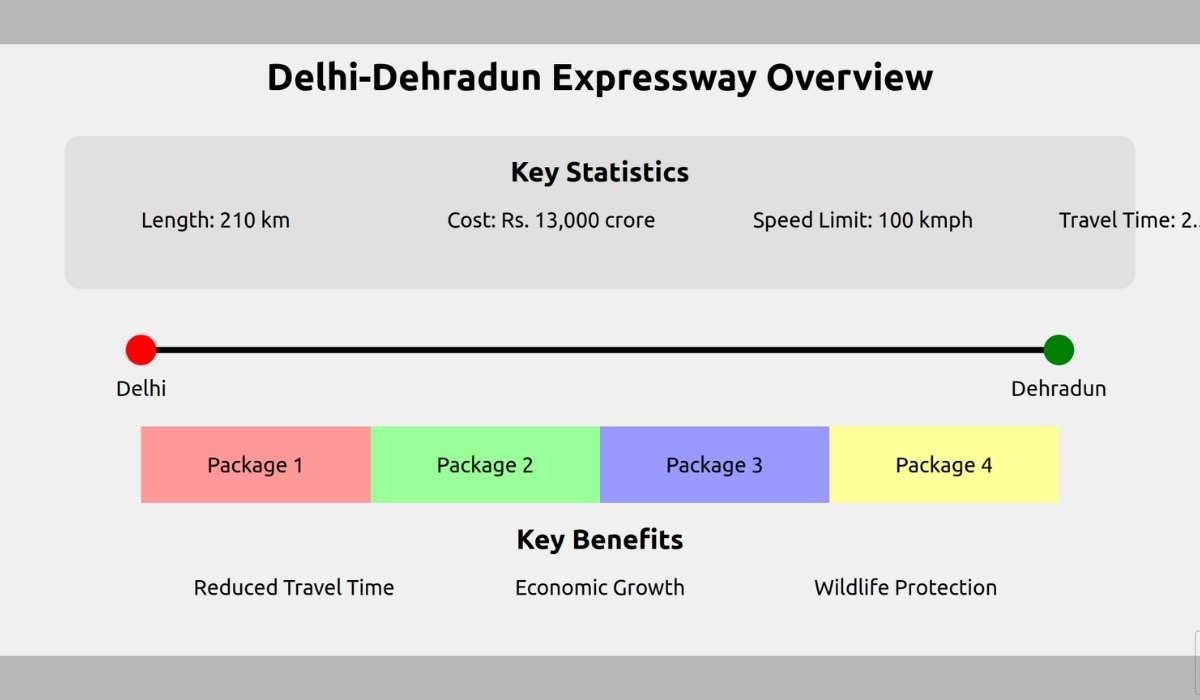The real estate market is known for its cyclical nature, with periods of growth followed by times of correction. One such scenario played out in the years 2012-2013, where the market experienced a bull run, only to face a sudden slowdown. As investors and end-users navigate the current real estate landscape, it is crucial to learn from the past and make informed decisions. In this article, we will delve into the key points to keep in mind while investing in real estate, drawing lessons from the 2012-2013 market scenario.
The 2012-2013 Real Estate Market: A Recap
- The real estate market witnessed a bull run starting from 2009, with prices appreciating and demand soaring.
- By 2012, the market was in a very good phase, with developers launching numerous projects and experiencing oversubscription of 2-3 times at every launch.
- However, in 2013, the market took a turn, becoming sluggish and witnessing price corrections.
- Demand remained subdued for the next five years, highlighting the importance of cautious optimism in real estate investments.
“Because even today the market is doing well, market has been buoyant, hopefully the market will keep doing well but at the same time we have to be cautiously optimistic wherein we are investing our hard earned money.”
Key Points to Consider When Investing in Real Estate
1. Invest in Projects by A-Grade Developers
One of the most critical factors to consider when investing in real estate is the credibility and track record of the developer. A-grade developers are those who have a strong past record, have consistently delivered projects on time, and maintained high construction quality, even during market downturns. Examples of such developers include DLF, M3M, Sobha, Godrej, and Tata.
“A-grade developers are those whose past record is very strong, who have done a lot of developments in the past, who have continued their deliveries in bad times, continued their construction completely and finally achieved the timelines they had committed.”
2. Avoid the Fear of Missing Out (FOMO)
In a buoyant market, it is easy to get caught up in the euphoria and make hasty investment decisions driven by the fear of missing out (FOMO). However, it is crucial to evaluate a project thoroughly before investing, considering factors such as the developer’s legacy, pedigree, and past developments. Don’t let FOMO cloud your judgment and lead you to invest in a project that may not be right for you.
3. Embrace the Joy of Missing Out (JOMO)
On the flip side of FOMO is the concept of the joy of missing out (JOMO). It is not necessary to invest in every project that creates a buzz in the market. After careful evaluation, if you determine that a project’s location, developer’s pedigree, or delivery track record is not up to par, it is perfectly acceptable to miss out on that investment opportunity. JOMO is about making informed decisions and avoiding potential pitfalls.
“It is not necessary to invest in every product. There are few products whose euphoria has been created in the market but after your evaluation or right insight you took a call that I don’t want to invest in this. That is the joy of missing out that you did not make a wrong investment.”
4. Have Adequate Holding Power and Liquidity
Real estate is a high-value asset class, and it is essential to have sufficient holding power and liquidity when investing. Ideally, investors should have a minimum holding power of 12-18 months and the ability to arrange the necessary funds. Availability of leverage is also crucial. Investing without adequate holding power and liquidity can lead to financial strain and negatively impact the entire real estate ecosystem.
5. Avoid Over-Leveraging
Linked to the previous point, it is crucial to avoid over-leveraging when investing in real estate. Taking on multiple loans and relying on the appreciation of the property to meet financial commitments can be a risky approach. Investors should take a balanced approach, aligning their funds with their investments and considering all financial obligations before making a purchase decision.
Unlock Your Dream Home Today!
Get personalized real estate insights delivered straight to your inbox.
“You have to take a very balanced approach that all your funds are aligned to your investments. You should consider all of them and take a decision of buying your property.”
6. Consider Infrastructure and Master Plan
When investing in a property, it is essential to evaluate the existing infrastructure and the master plan for future developments in the area. Look for properties that are located in areas with good connectivity, social infrastructure, and commercial activities. Investing in a property solely based on future potential, without considering the current state of infrastructure, can lead to long waiting periods and difficulty in exiting the investment.
“You must see the master plan, how the infrastructure is going to come there, how commercial activities are going to come there, currently what is the habitation, what is the commercial ecosystem that stands there.”
7. Buy the Right Space
Finally, it is important to purchase a property that suits your needs and budget. Don’t get swayed by the trend of buying larger spaces if they do not align with your family’s requirements and financial capacity. Evaluate your space needs realistically and invest in a property that provides the right balance of comfort and affordability.
“Don’t go into that euphoria that people are talking about big areas, big spaces today only by the space that is needed by you, needed by your family, which suits your pocket.”
Conclusion
Investing in real estate is a significant decision that involves hard-earned money and emotions. By learning from the 2012-2013 market scenario and keeping the key points mentioned above in mind, investors can make informed choices and navigate the real estate landscape with greater confidence.
Remember to invest in projects by credible developers, avoid the fear of missing out, embrace the joy of missing out when necessary, have adequate holding power and liquidity, avoid over-leveraging, consider infrastructure and master plan, and buy the right space that suits your needs and budget.
By following these guidelines and conducting thorough due diligence, investors can make sound real estate investments that align with their financial goals and aspirations. As the real estate market continues to evolve, staying informed and making well-considered decisions will be the key to success.
The 2012-2013 real estate market taught investors the importance of cautious optimism, understanding market cycles, and making informed decisions based on solid fundamentals rather than market euphoria.
An A-grade developer is characterized by a strong past record, timely project delivery, high construction quality, and the ability to maintain operations even during market downturns.
To avoid FOMO, thoroughly evaluate each investment opportunity by considering the developer's reputation, project details, and your personal financial situation before making a decision.
JOMO refers to the understanding that it is acceptable to pass on certain investment opportunities if they do not meet your evaluation criteria, helping you avoid potential financial pitfalls.
Having adequate holding power and liquidity ensures that you can maintain your investment during market fluctuations and meet financial obligations without undue stress.
Over-leveraging can lead to financial strain, especially if property values do not appreciate as expected, making it difficult to meet loan obligations and potentially leading to foreclosure.
Investors should consider existing infrastructure and future development plans in the area, as these factors significantly affect property value and marketability.
Evaluate your family's space needs and budget realistically, ensuring that the property you purchase aligns with both your requirements and financial capacity.
Conducting due diligence helps investors make informed choices, understand market dynamics, and align their investments with their financial goals and aspirations.
Stay updated through market research, real estate news, and insights from credible sources to make well-considered investment decisions as the market changes.
DISCLAIMER
The information provided on this website is for general informational purposes only. While we strive to keep the content up-to-date and accurate, we make no representations or warranties of any kind, express or implied, about the completeness, accuracy, reliability, suitability, or availability of the information, products, services, or related graphics contained on this website.
In no event will we be liable for any loss or damage including without limitation, indirect or consequential loss or damage, or any loss or damage whatsoever arising from loss of data or profits arising out of, or in connection with, the use of this website.
Real Estate Investment Risks
Real estate investments involve significant risks and market volatility. Property values, rental rates, and market conditions can fluctuate. Past performance is not indicative of future results.
Before Making Real Estate Decisions
Before making any real estate decision, we strongly advise you to:
- Conduct thorough due diligence
- Consult with qualified legal, financial, and real estate professionals
- Carefully review all relevant documents and contracts
- Consider your personal financial situation and investment goals
This website does not provide legal, financial, or investment advice. All content is for informational purposes only and should not be construed as professional advice or recommendations.
By using this website, you acknowledge and agree to these terms. We reserve the right to modify this disclaimer at any time without notice.







